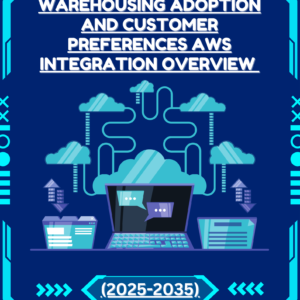1. Executive Summary
-
- Overview of Capex Trends in the Semiconductor Industry
- Importance of Capex in Driving Growth and Innovation
2. Capex Spend Breakdown
-
- Allocation Magnitudes in Semiconductor Manufacturing
- Key Areas of Investment (R&D, Foundries, Advanced Node Technologies)
- Distribution Between Leading Companies: Intel, TSMC, Samsung, and Others
3. Capex in Advanced Nodes
-
- Spending on 5nm and Beyond: Drivers of Investment
- The Role of Capex in Maintaining Competitiveness in Advanced Packaging and AI Chips
4. Capex Allocation for Equipment and Tools
-
- Investment in Lithography, Etching, and Deposition Equipment
- Importance of Cutting-Edge Equipment for Process Efficiency and Yield Improvements
5. Capex for Geopolitical Diversification
-
- Spending on Building Capacity in the US, EU, and APAC Regions
- Impact of Government Incentives (CHIPS Act, EU Chips Initiative) on Capex Allocation
6. Capex Allocation for Environmental and Sustainability Goals
-
- Investment in Green Technologies and Energy Efficiency in Fab Operations
- Long-term Capex Spend on Circular Economy Initiatives (e.g., Wafer Reclamation, Water Recycling)
7. Capex Strategies for Scaling AI and Cloud Infrastructure
-
- Investment in AI-specific Fabs and GPU Manufacturing
- Capex Prioritization for Hyperscale Data Centers and Advanced Computing
8. Capex Spend Projections for 2025-2035
-
- Global Semiconductor Capex Outlook for the Next Decade
- Forecasted Allocation by Major Regions and Technologies
9. Competitive Landscape of Capex Allocation
-
- Capex Strategies by Major Players (Intel, TSMC, Samsung)
- Capex Allocation by Fabless and Foundry Models
10. Challenges and Risks in Capex Allocation
-
- Risks of Overinvestment and Technology Shifts
- Supply Chain Constraints Impacting Capex Efficiency
11. Conclusion and Strategic Insights
-
- Key Takeaways for Semiconductor Investors and Industry Leaders
- Long-term Implications of Capex Spend on Market Share and Innovation






